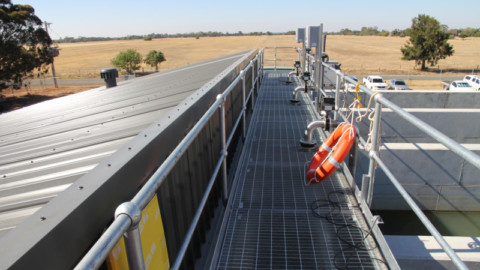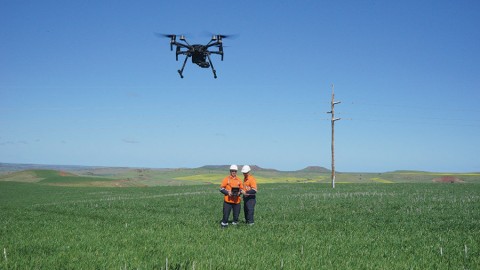Questions answered by Evan Bollard, GlobalPOS
Most people know of the existence of the Global Positioning System (GPS) and what a great tool it is. Not as many know about the other Global Navigation Satellite Systems (GNSS), of which GPS is one specific constellation. GPS was developed by the USA. Other countries have developed or are developing their own systems. For many years the Russian Glonass system has been operational and used for applications in many areas around the globe. These two systems are currently the only two fully operational systems with global coverage. Two other global systems are in the deployment phase. The Chinese Beidou system (currently 14 satellites) and the European Galileo system (currently four satellites).
The Beidou Regional system developed by the Chinese Government for use in China and SE Asia as the second step of the global deployment program is currently operational. Australia has the benefit of this current regional system being available for use in this country as the satellite orbit locations – made up of five Geostationary (GEO), five Inclined Geosynchronous Satellite Orbit (IGSO) and four Medium Earth Orbit (MEO) – provide coverage of the Australian continent. This regional system is being expanded to a global system which is expected to be completed by 2020.
Galileo is the European system being deployed by the European Space Agency (ESA) and has been designed as a global system, although there are only four satellites in orbit at the moment. There are also other regional systems such as the Quazi Zenith Satellite System (QZSS) from Japan, Indian Regional Navigation Satellite System (IRNSS) from India and other Augmentation systems that are in use in various locations around the globe. As we are working in an Australian context we will be providing information on the systems that are relevant for use here.
So what are the practical applications of this information? For some users GPS alone as a system is good enough and in these cases the status quo can prevail; however, the advantages of using dual constellation or multi-constellation receivers can hopefully be discussed in coming issues based on submitted questions. The different aspects of these various constellations can also provide benefits, say on frequencies available, among other things.
Do you have a burning question about GNSS, need a practical answer to a problem you’ve encountered, or even just curious? Then, ask your expert! Send your questions to Evan care of [email protected]

















